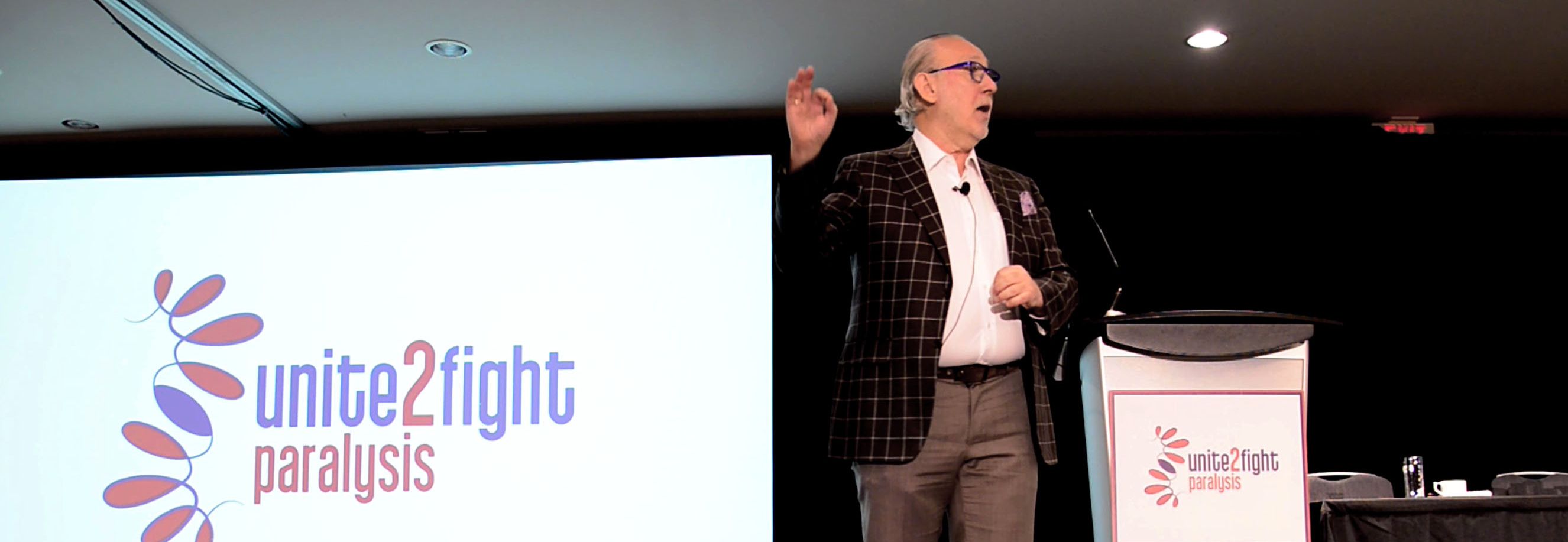
David W. McMillan, PhD
Assistant Professor, University of Miami Leonard M. Miller School of Medicine; Director of Education and Outreach, The Miami Project to Cure Paralysis.
Abstract
Charting the SCI-Specific Serotonergic Psychedelic Risk Landscape: Initial Insights from Self-Report
Within the spinal cord serotonergic agonism is known both for potential impact on spinal motor neuron excitability and a potential analgesic effect. Despite this, certain classes of serotonergic substances have been excluded from approved use in people living with spinal cord injury (PwSCI) due to their known legal status and hallucinogen side effects. These serotonergic psychedelics are known in the general population for their ability to induce altered states of consciousness that, through an ecology of practices, can evoke acute mystical experiences that are associated with a chronic impact on psychology. A current resurgence of the study of how these substances might be employed medically is realized in the FDA assigning breakthrough status to certain substances and the pursuit by medical researchers of indications in the realm of psychiatric diagnoses. Meanwhile, PwSCI have been self-experimenting with these substances seeking psychiatric and non-psychiatric benefits. Anecdotes from these journeys reflect the physiological rational: a unique risk profile characterized by increased spasticity and hyperthermia juxtaposed with selectively compelling changes in muscle strength and neuropathic pain. With this risk warranting, and reward meriting, our attention we began our broad inquiry of the role that psychedelic substance might play in SCI medicine with a specific focus on SCI-specific hazards. A survey study was deployed to inquire on spasticity via Penn Spasm Frequency Scale (PSFS) and the Visual Analog Scale (VAS) instruments (n=29), and internet forums were scraped for reports of other adverse events. This presentation shares the results of these preliminary efforts to map the SCI-specific risk landscape with the survey study concluding a clear risk of acute and transient spasticity, and another recent paper proposing a peripherally dominate serotonin syndrome-like symptom phenotype. Holding this SCI-specific risk cluster, suggesting both central and peripheral mechanisms at play, we also discuss the preliminary results of an ongoing survey study to map the interaction of risk and perceived reward of psychedelic substance in PwSCI.
Bio
David W. McMillan, PhD, is an assistant professor at the University of Miami Leonard M. Miller School of Medicine, Department of Neurological Surgery, and Director of Education and Outreach for The Miami Project to Cure Paralysis. Through his multi-role position he liaises between various stakeholding communities in the spinal cord injury (SCI) space, including co-found and co-chairing a lived experience advisory council in his locale. Integrating the signals from multiple sources he is attuned to both the voice of the community as well as the scientific, technological, and regulatory constraints of meeting them where they are. He conducted his doctoral dissertation on the role that the autonomic nervous system plays in the absorption, trafficking, and end-fates of dietary lipids and has since pivoted his research efforts to align with other topics that the SCI community has directed his attention towards.






















